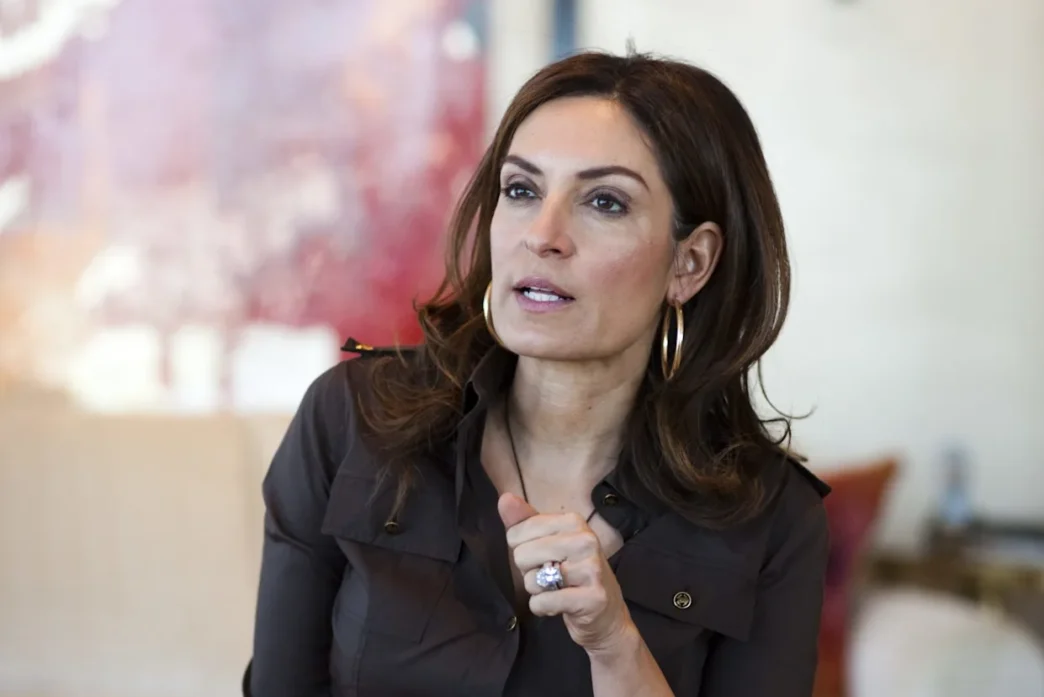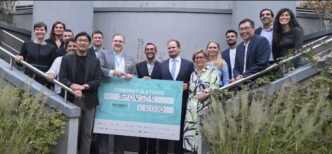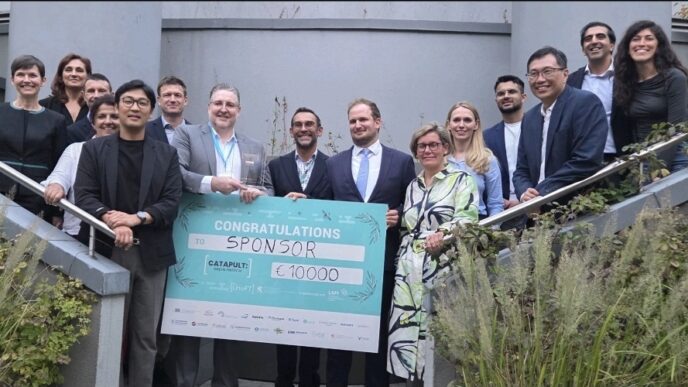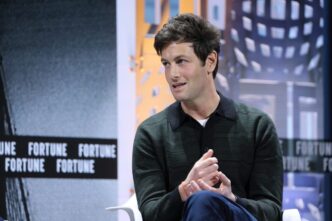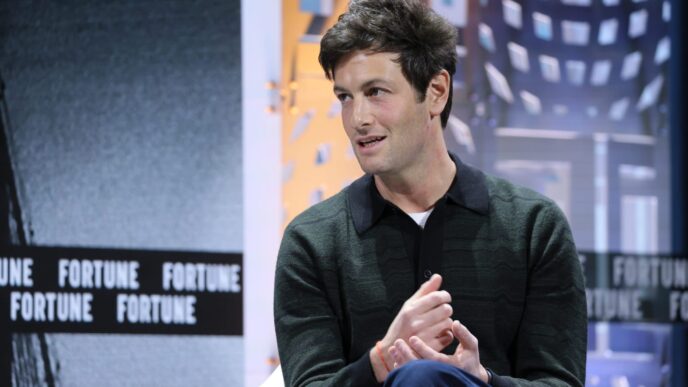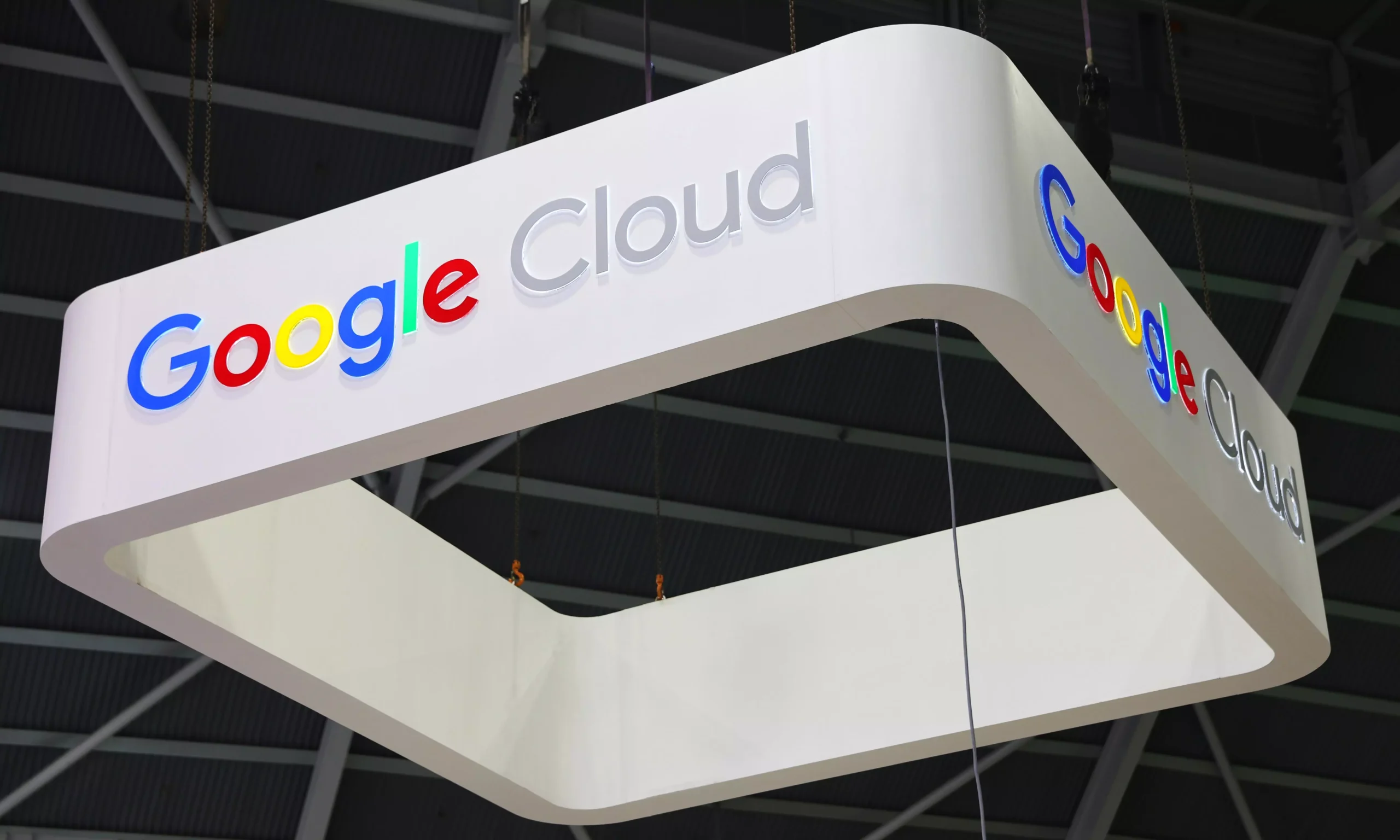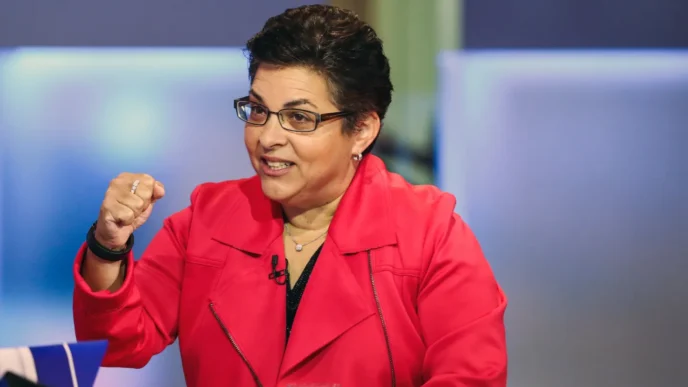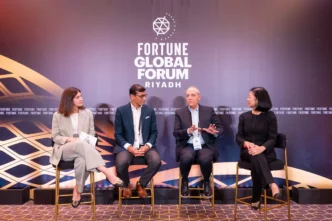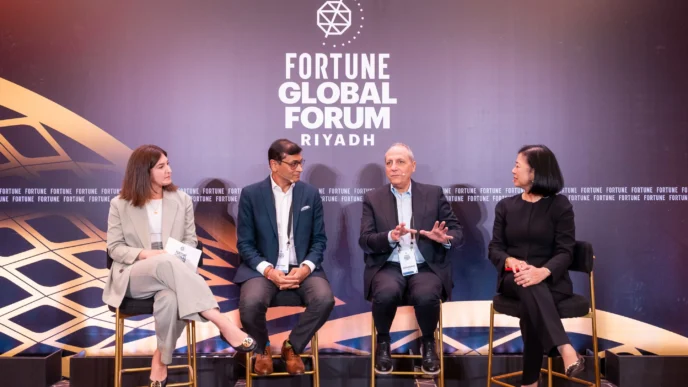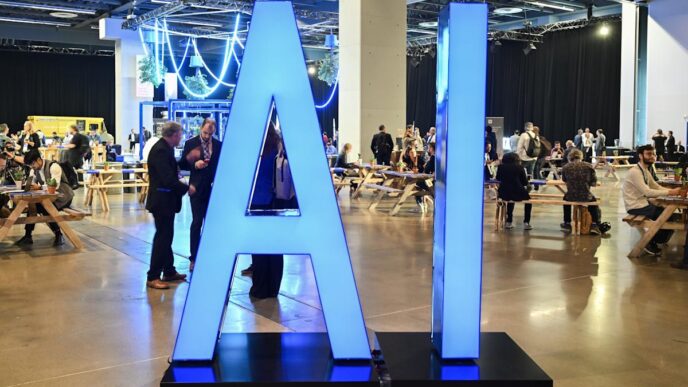The debate over generational differences in the workplace has been simmering for years, with older generations often accusing younger workers of being less resilient, less motivated, or less willing to put in the hours. But bestselling author and business journalist Suzy Welch has a different perspective: it’s not that Gen Z and millennials don’t work hard—it’s that they don’t have the same sense of hope their parents and grandparents did.
Speaking at a recent leadership forum, Welch drew on decades of experience studying work culture, economic shifts, and leadership styles. She argued that today’s younger generations are experiencing unprecedented burnout, but not because of laziness or entitlement. Instead, she says, the culprit is something deeper and more unsettling: the erosion of optimism about the future.
A Hard Truth About Hard Work
“Gen Z and millennials are just as hard-working as the generations that came before them,” Welch explained. “But what’s missing is the belief that their effort will pay off. Older generations worked hard too, but they had hope—hope that if they kept going, life would get better.”
For baby boomers and much of Generation X, there was a clearer link between effort and reward. Stable jobs, homeownership, and upward mobility were not just dreams but attainable milestones. That sense of progress gave work meaning, even when jobs were demanding.
For today’s younger generations, Welch suggested, that link has frayed. Despite degrees, long hours, and side hustles, many find themselves struggling with rising costs, stagnant wages, student debt, and an uncertain future.
The Crisis of Hope
Welch’s comments strike at the heart of a growing cultural conversation: the burnout epidemic among young professionals.
Millennials entered the workforce during or just after the 2008 financial crisis, facing limited opportunities and skyrocketing costs of living. Gen Z, meanwhile, came of age amid a pandemic, climate anxiety, and growing fears of economic instability.
“The promise was: work hard, and you’ll make it. But many don’t see that promise being fulfilled,” Welch noted. “That absence of hope is devastating.”
Without a sense of purpose, hard work can feel futile. And that futility, Welch argues, is what makes burnout among younger generations so acute.
The Generational Divide
Welch’s framing also challenges some of the narratives pushed by older critics. Boomers often argue that millennials and Gen Z simply don’t want to “pay their dues.” But Welch suggests the issue is not a lack of willingness—it’s a lack of reward.
- Older Generations: Sacrifice often led to stability and upward mobility.
- Younger Generations: Sacrifice feels endless, with no guaranteed payoff.
This difference, Welch says, explains why Gen Z and millennials are increasingly pushing for better work-life balance, flexible schedules, and mental health support. These demands aren’t a rejection of work—they’re a response to a system that feels stacked against them.
The Hope Gap
Psychologists often point out that hope functions as a psychological fuel. It allows people to endure stress, setbacks, and long hours because they believe their efforts will ultimately pay off. Without that hope, even moderate workloads can feel crushing.
Welch’s insight reframes the burnout conversation: it’s not just about workload or workplace culture—it’s about whether the larger economic and social system gives younger workers a reason to believe in their future.
Where Do We Go From Here?
Welch didn’t offer a quick fix, but her comments point toward deeper structural and cultural issues. If hope is the missing ingredient, then solutions must address not just individual resilience but also systemic barriers.
That could mean:
- Reforms in housing and wages to restore a sense of economic mobility.
- Better mental health support to help younger workers navigate uncertainty.
- Leadership changes where companies actively rebuild trust and demonstrate pathways to growth.
In Welch’s view, the solution isn’t shaming younger generations into harder work—it’s restoring the conditions that make hard work meaningful.
The Bigger Picture
Generational divides in the workplace often devolve into finger-pointing. But Welch’s analysis suggests a more empathetic framing: the difference isn’t about work ethic—it’s about outlook. Older generations had a future they believed in; younger ones are still searching for theirs.
If that “hope gap” can be closed, Welch believes, burnout may ease—not because younger generations will suddenly start working harder, but because their work will feel worth doing again.


